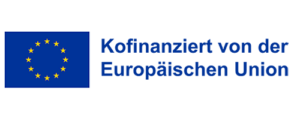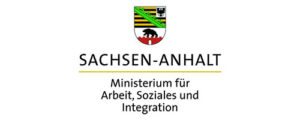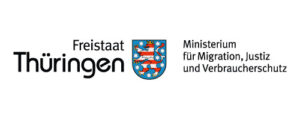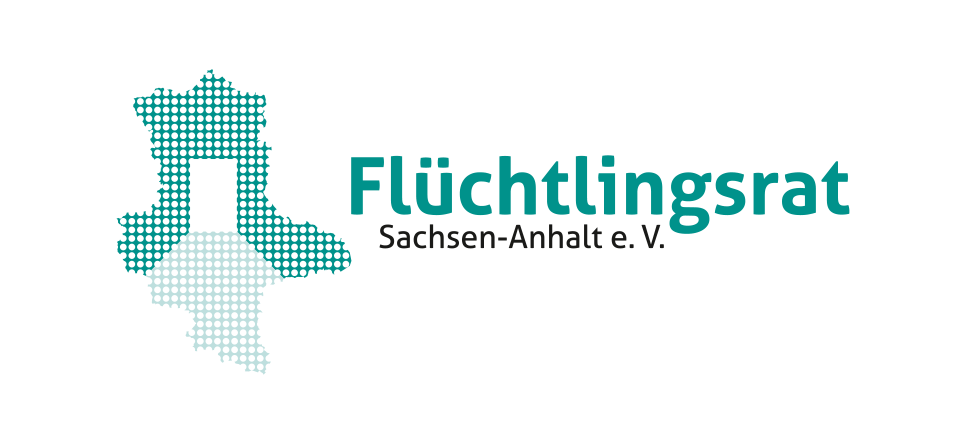Guide: Victims of Violence
I have experienced severe violence (physical or psychological, such as torture, rape, mutilation, child marriage, forced marriage, or similar)
Specific Rights for Refugees with Experiences of Violence
Have you been deliberately subjected to severe physical or psychological pain in your home country or during your flight? For example, to force a statement or confession? To intimidate or punish you? Or for another reason based on some form of discrimination?
Have you experienced sexualised violence or been affected by genital mutilation?
People who have experienced torture or other forms of violence are entitled to appropriate support. Especially those affected by sexualised violence often feel fear or shame when talking about it. However, it is important that you speak about the torture and/or violence you experienced during the asylum interview (or later with a counsellor or therapist). Only in this way can your experiences—and the concrete fear of repeated torture and/or violence in your country of origin—be considered during the asylum process.
Your Specific Rights
- Consideration of experienced torture and/or violence in the asylum procedure: experienced or threatened torture, physical, psychological, or sexual violence can be grounds for a protection status in the asylum process
- Interview by a special representative for victims of torture and traumatised persons
- Appropriate, protected accommodation
- Adequate medical and psychological treatment or care, for example in a psychosocial centre for refugees and victims of torture
- And many more
Counselling Centres for People Who Have Experienced Severe Violence
Saida international provides counselling on protection from female genital mutilation (FGM/cutting)
Email: info@saida.de
Phone: +49 (0)341 / 24 74 669
Psychosocial Centre for Migrants (PSZ)
The PSZ offers trauma therapy for refugees.
Email: kontakt@psz-sachsen-anhalt.de
The collected information was compiled and provided by the SENSA project. The project is funded by the European Union (AMIF), co-funded by the state of Saxony-Anhalt, the Free State of Thuringia, and UN Refugee Aid.





